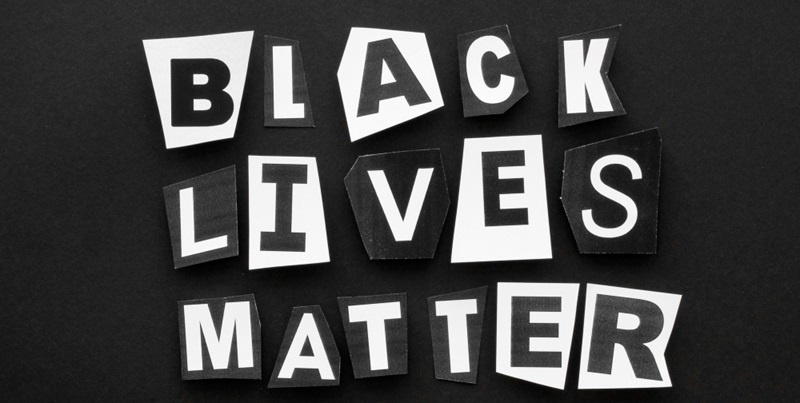In a recent ruling, a National Labor Relations Board (NLRB) judge determined that Whole Foods Market did not violate its workers’ rights by implementing a ban on Black Lives Matter (BLM) apparel. The decision comes after plaintiffs argued that wearing BLM-related face masks and garments was a way to make their co-workers feel safe and uphold Whole Foods’ values of providing a secure work environment.
Background on the case
Whole Foods Market’s decision to prohibit the wearing of BLM gear sparked controversy among employees. The ban called into question the company’s commitment to sociopolitical issues and its stance on racial equality. Plaintiffs argued that their intention in wearing BLM items was to create an inclusive and supportive workplace.
NLRB Judge’s Determination
The administrative law judge presiding over the case ruled that BLM gear was not protected under the National Labor Relations Act since it was unrelated to the jobs in question. The judge stated that the purpose of the dress code was to ensure a professional and uniform appearance among employees, and wearing BLM apparel did not align with these objectives.
The argument of perceived racism
Plaintiffs contended that Whole Foods’ enforcement of the dress code was racist and discriminatory. They believed that their defiance of the ban constituted protected activity. The NLRB General Counsel supported this argument, asserting that workers perceived the ban as racially motivated.
Judge’s response to perceived racism claim
The administrative law judge found no objective evidence to support the allegation that Whole Foods had racially discriminatory motives behind the ban. The judge also noted the lack of objective evidence demonstrating that employees’ goal in wearing BLM gear was specifically to counter racial discrimination. Without concrete evidence, the judge concluded that the ban on BLM apparel did not stem from racial bias.
Employers’ Approach During Sociopolitical Crises
During times of sociopolitical crisis, companies often grapple with how to address sensitive issues within the workplace. The Spitz Law Firm observed that many organizations respond by prohibiting employees from wearing any racial equity paraphernalia, hoping to maintain neutrality. However, such policies raise concerns about where the line between keeping peace and potential racial discrimination should be drawn.
Dress Code Defiance and Protected Activity
The NLRB judge firmly held that defying a dress code due to perceived racism does not fall under protected concerted activity. The law favors compliance with valid rules and filing grievances if necessary. For example, in a collective bargaining agreement, the general rule is to comply with the rule and then grieve if the employee(s) feel it is unfair or inappropriate.
In the case of Whole Foods’ ban on BLM apparel, a National Labor Relations Board judge ruled that the company did not violate workers’ rights. The judge determined that BLM gear was unrelated to the job at hand and therefore not protected under the National Labor Relations Act. The ruling has implications for employers facing similar issues and reinforces the ongoing debate about maintaining workplace neutrality while addressing concerns of potential racial discrimination. As companies navigate sociopolitical crises, they must strike a balance between upholding peace and preventing the marginalization of employees advocating for racial equality.

